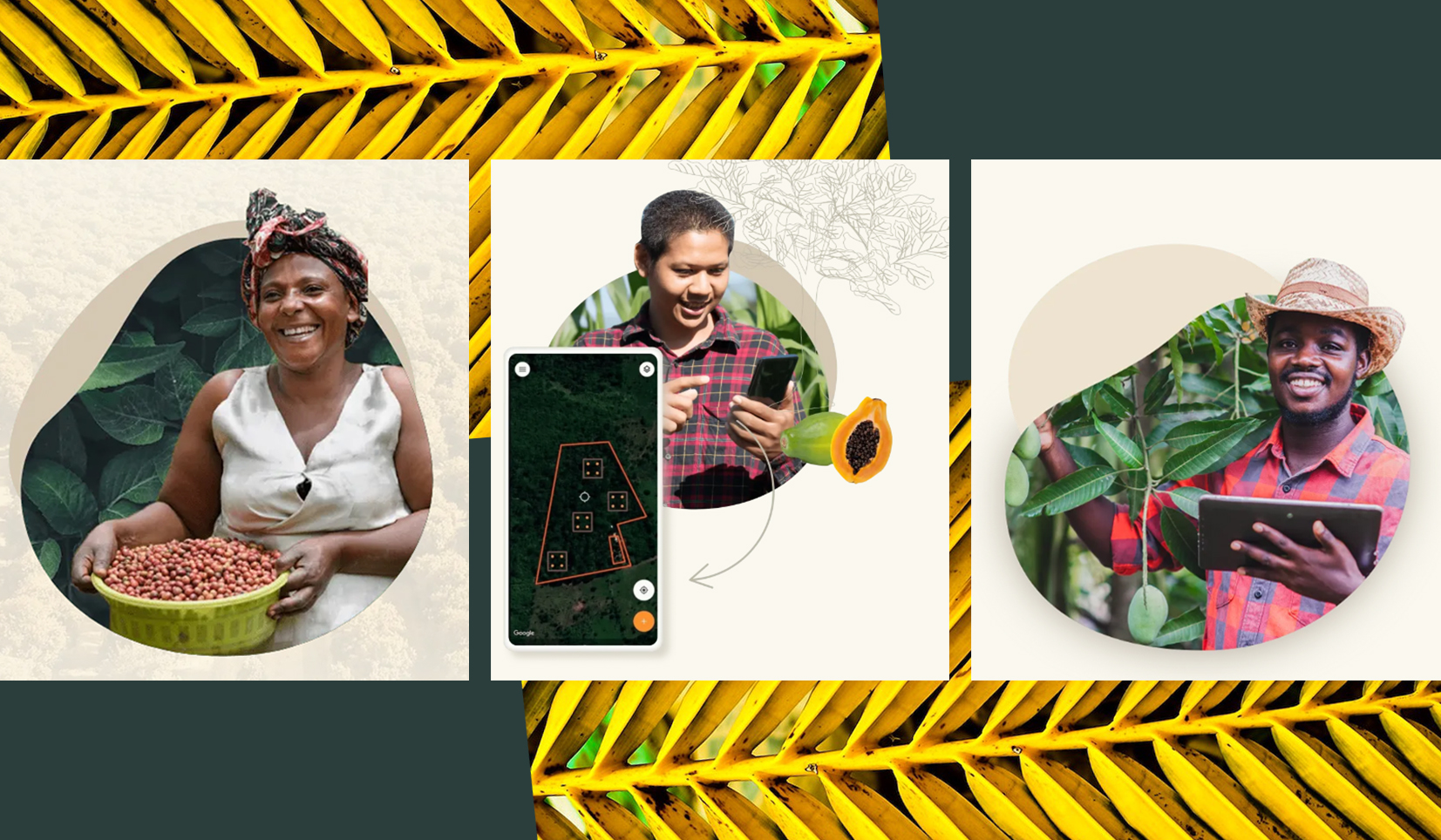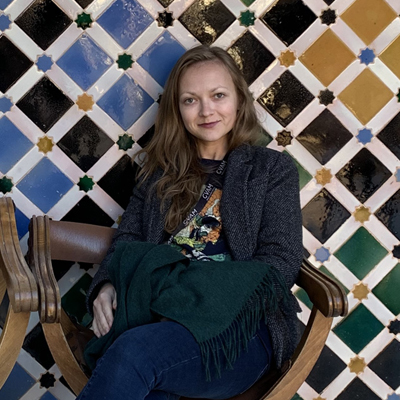Investing in sustainability is a feel-good goal, but hard to attain regardless of what energy source is used. So it’s a theoretical must for companies today in the face of environmental changes resulting from their imprint on nature and the planet.
Nonetheless, companies need to be aware of their environmental impact. One way to do so is to work with small farmers who harvest in sync with local ecosystems. And there is a way for companies to connect with these farmers through a unique startup – ReSeed – and support their work in return for the so-called “carbon credits.”


In short, ReSeed partners with small-scale farmers; pays them for climate-positive impact; and sells carbon credits to businesses. One carbon credit permits the emission of one ton of carbon dioxide. This arrangement brings closer the goal of carbon neutrality – the balance of release and absorption of greenhouse gases.
There are various programs out there offering enterprises and individuals alike the option to purchase carbon credits. These include reforestation, clean energy, and methane capture programs. ReSeed, meanwhile, focuses on the farming impact.
“Less than 1% of carbon credits on the market today are sourced from farms, yet much of the global food industry is built on the work of smallholder farmers whose land management and carbon actions are not currently recognized or remunerated,” Zak Zaidman, ReSeed co-founder and president, told Vator.
“ReSeed partners with the 600 million smallholder farmers around the world to measure the carbon that is drawn down and stored from their farming practices, and brings that carbon to market as nature-based social impact credits,” Zaidman wrote in an email.
Through ReSeed’s mobile app, farmers enter data regarding vegetation and crops on their land, as well as their farming practices, and answer related questions. Local agricultural support organizations aid in this process.
The startup then uses AI to validate the data associated with the ecosystem support, ensuring the traceability of carbon credits from the beginning to the end of the life cycle, including the socio-economic impact. For participating farmers, ReSeed offers a new revenue stream – plus they get access to regenerative agricultural support services. And it’s ensuring its platform is scalable and easy for farmers to use.
Of ReSeed’s carbon credit sale revenues, 50% goes directly to the farmers, and up to 30% goes to technical and other services supporting the farmers.
Meanwhile, businesses that work with ReSeed gain other perks, in addition to carbon credit. They get verified data from supply chains, as well as certifications of data in line with corporate and jurisdictional requirements such as the Science Based Targets initiative (SBTi).
Zaidman added that ReSeed initially focuses on the “world’s most vulnerable farmers,” which are small-scale and many of them living below the poverty level. Yet eventually, the company hopes “to leverage climate finance to incentivize more and more farms, of all sizes, to become part of the solution in our collective fight against climate change.”
Last month, ReSeed raised new capital to fuel its fight. The company closed its $4.6 million seed funding in mid-September that will help its expansion around the globe. The round was led by One Small Planet, a Colorado private equity firm which backs environmental initiative. Participators were Pittsburgh-based Thorn Partners and angel investors including activist Baratunde Thurston.
So far, ReSeed is working with 8,700 farms in Brazil comprised of 38,000 individuals overall, according to Zaidman. The company is now onboarding more farmers in Brazil and establishing footprint in Colombia, Nicaragua, India, the Democratic Republic of Congo, and the United States.
Zaidman, a sustainable food sourcing and supply chain expert, co-founded ReSeed in 2022 together with environment protection specialist CEO Vasco van Roosmalen and Josh Knauer, a serial entrepreneur and science-and-tech consultant.
Van Roosmalen said in the release last month: “Engaging with people as part of the solution in the fight against the climate crisis – while significantly reducing legacy carbon in the atmosphere – provides fundamental co-benefits that will define the next generation of climate tech.”


















